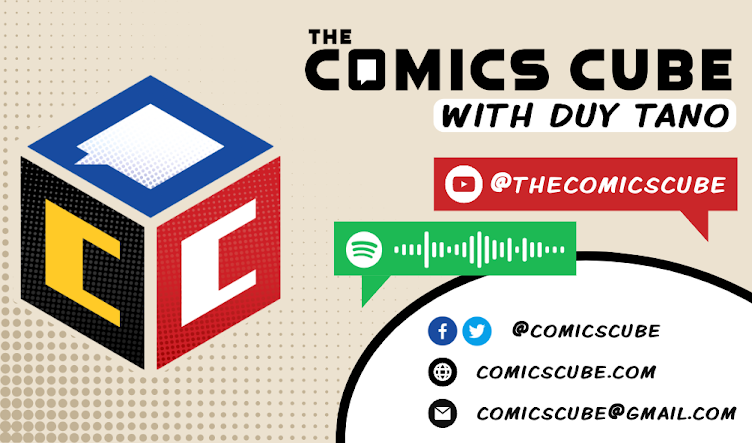The Tale of One Bad Rat: Still Relevant in 2017
by Duy Tano
When Bryan Talbot created The Tale of One Bad Rat in 1994, his goal was simple: depict the effects of childhood sexual abuse in a medium in which the theme was by and large avoided. In truth, it's a theme largely avoided anywhere. I'm rewatching Jessica Jones right now, and I suddenly started remembering the praise for it (including by me) for depicting abuse and its effects accurately (see here, here, and here), with the overlying sentiment of you don't know how rare it is to see this accurately represented. It's true — I love Jessica Jones, because I've known abuse survivors and have seen how they deal with it, so much that I am willing to overlook its considerable storytelling flaws and focus on the message and the fact that it gives abuse victims something to identify with.
For much the same reason, I am glad The Tale of One Bad Rat exists (and, thankfully, there's not much to it that needs overlooking). The story of Helen Potter, a homeless girl in England, is masterfully told and juxtaposed with the story of Beatrix Potter, author of Peter Rabbit (and whose real name was Helen), as our protagonist tries to follow her journey, just as a sort of direction for herself. She has, with her, a pet rat, who is her only companion.
Homeless, it's pretty clearly established that she has a phobia about being touched, and she'd rather be invisible.
When her rat dies, she starts imagining it as a companion, alive and human-sized, basically as a metaphor for what she's holding onto and protection from a particular predator. And it's pretty clear that something haunts her, even from her dreams.
Talbot's adherence to a grid structure provides a regular sense of rhythm to the story, assigning equal importance to each panel. It's particularly effective when he breaks out of it, and we see the reason for Helen's isolation.
In the above sequences, placing the middle image in borderless panels emphasizes the focus on those elements: her abusive dad, and her cries for help.
The Tale of One Bad Rat follows Helen as she tries to run away from such a traumatic experience, until such time as she's aware she can no longer do so.
The climax of the book is this astounding sequence of Helen letting out all her anger at her parents. It's cathartic, and made powerful by the fact that much of her dialogue was taken from transcripts of interviews with abuse survivors.
Helen pulls no punches, and it all culminates in a beautiful use of the comics medium.
This followed by a strong affirmation that I'm sure all abuse survivors would be better off claiming, though not all of them can get to the point where they believe it to be valid.
Bryan Talbot's The Tale of One Bad Rat is more than what I've described here, which are just the bare bones of the story. There's so much texture and depth to it, especially as it relates to Helen's interactions with people and how this experience has affected her thoroughly. It highlights, very specifically, how abuse victims have a hard time seeking help because of the stigma surrounding it, and I believe that a way for this to change is to have fiction that reflects this reality, showing that yes, it is okay for this to be talked about. Our popular culture reflects how our society goes. We need more fiction that tackles these themes like Jessica Jones, and we need more fiction that handles them with the care and affirmation of The Tale of One Bad Rat.
In closing, I will leave you with Talbot's words:
The fact is that, because the media largely ignores it, this abuse can still go on unhindered. It can only work in a conspiracy of silence. Most of the victims, the younger the more likely, believe that this frightening, confusing thing is happening to them alone. They dare not talk about it to anyone and become lonely, and alienated...
The more child abuse is discussed in society or fiction in whatever medium, the more likely it is that the victims will realise that this is something that happens all the time and that they will be able to speak out, be believed and get it stopped.



















